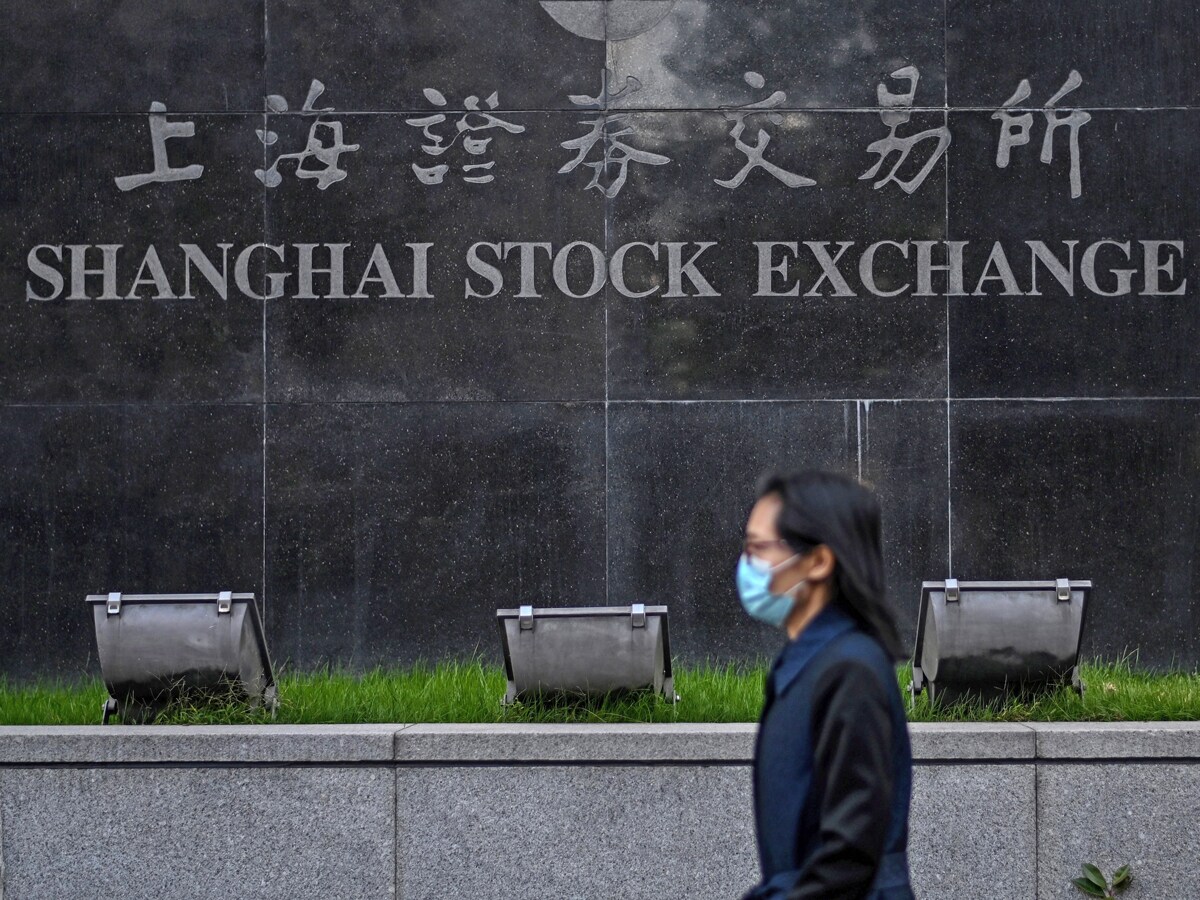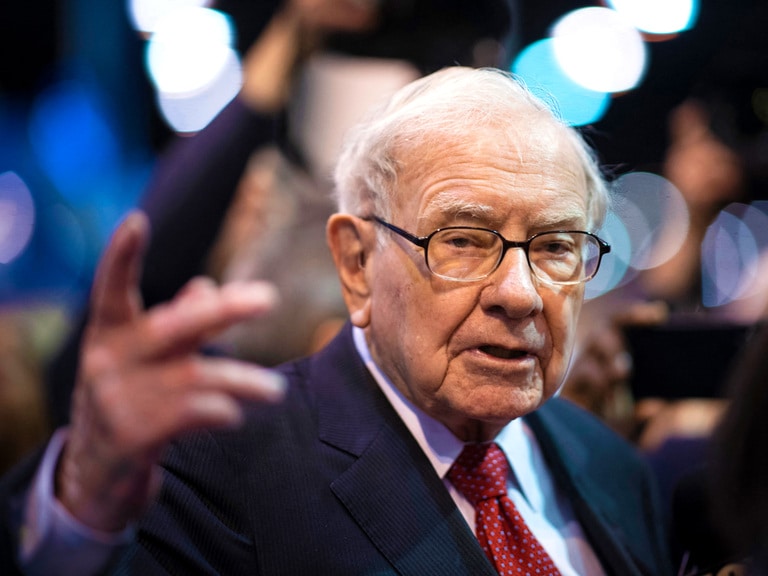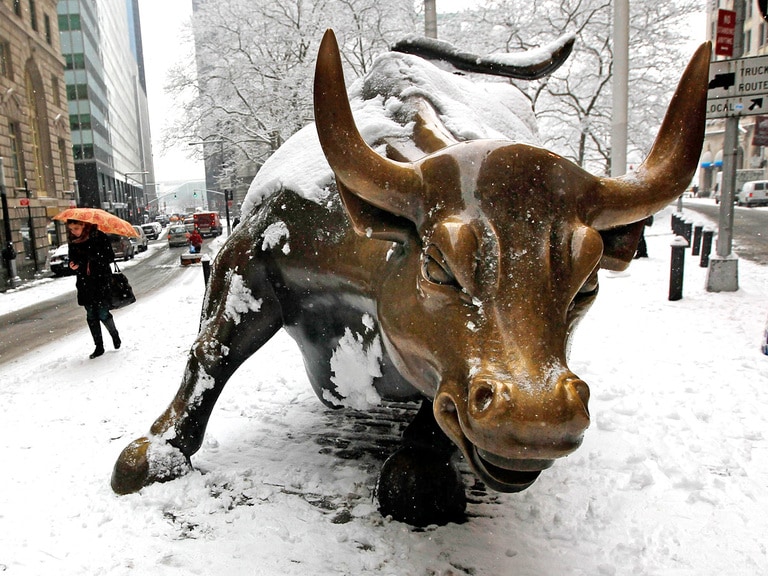China and Japan are exerting effort to expand their ETF connectivity scheme.
As part of the joint ETF Connectivity scheme, launched 18 months ago, the Shanghai, Shenzhen and Japan Exchanges have moved to bolster their exchange-traded fund offering, the Financial Times reports. The Japan Exchange Group approved two new ETFs from Daiwa Asset Management, while the iFreeETF China STAR50 and iFreeETF China GBA100 were also introduced.
Under the scheme, four Japanese asset managers and four Chinese asset managers can list new ETFs to be traded in both markets. What makes this latest development exciting is that the new ETFs track indices with a strong focus on China’s burgeoning tech sector.
The iFreeETF China STAR50 tracks China's STAR50 Index — Shanghai's answer to the Nasdaq. The index debuted in July 2019 during the China-US trade war and is designed to nurture China's emerging technology and biotechnology firms. Constituents include chipmaker Advanced Micro Devices [AMD] and software firm Beijing Kingsoft [688111].
The iFreeETF China GBA100 follows the GBA100 Index, which consists of companies in the Guangdong-Hong Kong Greater Bay Area region. These are some of the most profitable companies in China, including Tencent [0700] and insurer Ping An [601318].
The unveiling of the new ETFs could herald stronger relationships between these two major economies with leading technology sectors. According to the FT, January saw Hideo Tarumi, Japan’s ambassador in China, meet with Yi Gang, , the governor of the People’s Bank of China, to discuss financial cooperation.
Investors will have to wait until 8 April this year before these ETFs list. When they do, they could be an ideal way to gain exposure to increased financial cooperation between the two countries.
China tech focus
For traders, these ETFs will offer exposure to China’s tech sector, which has experienced bumper growth over the past 12 months — despite state scrutiny.
Online giant Tencent's share price is up 87.37% over the past 12 months, and 24.37% in the past month alone as investors buy up Hong-Kong listed tech stocks (as of 1 February’s close).
87.37%
Tencent's share price rise over the past 12 months
In January, the company was well on the way to becoming China’s third trillion-dollar company by market cap, after two bullish calls from analysts. Citi upped its price target from HKD734 to HKD876, while UBS lifted its target from HKD700 to HKD800.
With more people stuck inside due to international lockdowns, revenue from Tencent’s online gaming segment has seen increased profits. For fourth-quarter results, due in March, analysts are forecasting for CNY131.83bn, a 24.6% gain on the same period last year.
More broadly, the Hang Sen Tech index, which represents the 30 largest technology companies listed in Hong Kong, has rocketed 107.45% in the past 12 months. Among the index's constituents is China’s largest online retailer JD.com [9618], whose share price has climbed over 50% since.
Like Tencent, JD.com has seen an increase in sales as the pandemic accelerates the shift to online, although its share price suffered a steep selloff on 25 January. The next major date for those interested in JD.com’s share price will be upcoming earnings in the first week of March.
What are the risks for China tech stocks?
As with any investment, the China tech theme is not without risk. Tencent faces the possibility of an antitrust backlash regarding the online payments duopoly it enjoys along with Jack Ma’s Ant Group.
Jack Ma’s former company Alibaba [BABA] — perhaps the best-known Chinese tech firm — is also facing problems. Alibaba’s share price has dropped circa 10% since regulators scuppered offshoot Ant’s IPO in November, along with the disappearance of the enigmatic Ma.
10%
Alibaba's share price drop since Ant's IPO cancelled
Investors got a reprieve when Ma thankfully made his first public appearance last month, but there are questions over how far China's Communist Party will go to pursue the company. Alibaba is also facing the prospect of having to shell out 10% of revenue (or $7.8bn) if it’s found to have abused its position of market dominance in the country.
However, it’s not all doom and gloom. Greater cooperation with Japan shows that China is serious about opening its markets — to a degree — while many of its big names are comparatively cheaper than their US competitors. After all, Alibaba's share price is up 10.4% so far this year, indicating that the opportunity could outweigh potential interference (as of 1 February’s close).
Disclaimer Past performance is not a reliable indicator of future results.
CMC Markets is an execution-only service provider. The material (whether or not it states any opinions) is for general information purposes only, and does not take into account your personal circumstances or objectives. Nothing in this material is (or should be considered to be) financial, investment or other advice on which reliance should be placed. No opinion given in the material constitutes a recommendation by CMC Markets or the author that any particular investment, security, transaction or investment strategy is suitable for any specific person.
The material has not been prepared in accordance with legal requirements designed to promote the independence of investment research. Although we are not specifically prevented from dealing before providing this material, we do not seek to take advantage of the material prior to its dissemination.
CMC Markets does not endorse or offer opinion on the trading strategies used by the author. Their trading strategies do not guarantee any return and CMC Markets shall not be held responsible for any loss that you may incur, either directly or indirectly, arising from any investment based on any information contained herein.
*Tax treatment depends on individual circumstances and can change or may differ in a jurisdiction other than the UK.
Continue reading for FREE
- Includes free newsletter updates, unsubscribe anytime. Privacy policy





